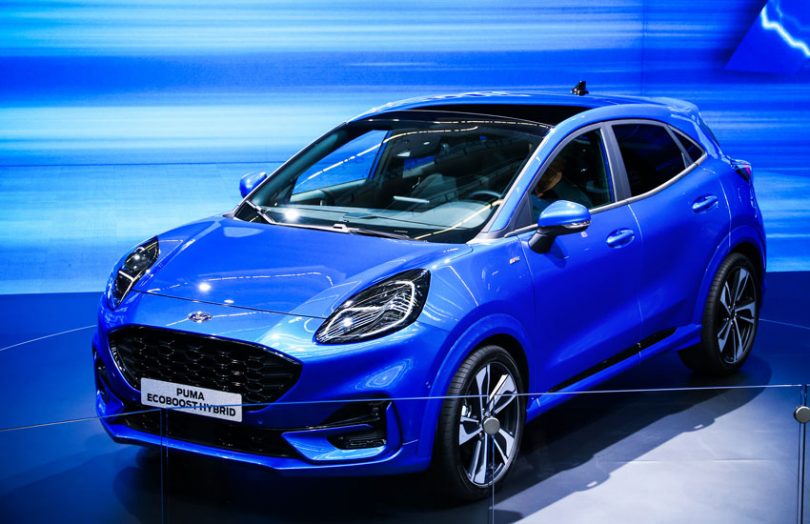The U.S. Department of Energy awarded Phase 1 funding to UK-based blockchain firm Everledger for two pilot programs to track electric vehicle (EV) battery lifecycle using blockchain and IoT. Automaker Ford will participate in the first pilot for management and responsible recovery of batteries at end-of-life.
The second pilot aims to reward EV owners for recycling lithium-ion batteries. The goal is to create a circular economy for EV and portable batteries and recycle materials to reduce environmental impact. Everledger said EV batteries could retain about 70-80% of their capacity even after ten years of use and hence can be used for another purpose such as storing solar energy.
The startup estimated that there would be 18 million EVs on the road by 2030. But the International Energy Agency predicts a far higher figure of 250 million.
Effective management of production and recycling of batteries could potentially help the transport and power sectors to meet the targets for the Paris Agreement for climate change. According to the World Economic Forum (WEF), the battery value chain could enable 30% of the required emissions reductions in these two sectors, create 10 million jobs and $150 billion in economic value in 2030.
To this end, Everledger will devise a system using blockchain and assign a digital identity to batteries. By connecting the physical batteries to its blockchain ledger, it can track them from manufacture to retirement. Stakeholders can thus have a transparent view of the battery location, condition, health score, and which metals could be recycled for use in new batteries. Working with Ford, Everledger will design a platform to enable the exchange of battery life cycle data between stakeholders.
“Blockchain is a powerful technology and performs as a key contributor to enabling and tracking battery life cycles for portable electronics and EVs This will support establishing a low-carbon economy, in a manner consistent with the UN Sustainable Development Goals,” said Lauren Roman, Metals & Minerals Ecosystem lead at Everledger.
Additionally, Everledger said it endorses the principles of the Global Battery Alliance, a WEF initiative to create a sustainable battery supply chain.
Meanwhile, Everledger is an advisor to the New Zealand Battery Industry Group (B.I.G.) for traceability and supply chain transparency of lithium-ion batteries.
Everledger’s platform is built using Hyperledger Fabric, and the company has been actively developing blockchain provenance solutions for different industries. Initially known for its diamond tracing solutions, Everledger has numerous relationships in the sector. One highlight is an existing partnership with diamond miner ALROSA to track the gem from the mining source to the retail outlet.
Its platform has also been used for DNA tagging to secure luxury products.
A few months ago, the blockchain firm raised $20 million in Series A funding led by Chinese internet giant Tencent. Around the same time, Everledger announced it upgraded its blockchain platform to include other supply chain sectors, including e-waste management.
Ford initiatives
U.S. automaker Ford is quite active in the blockchain space. It is a member of the Responsible Sourcing Blockchain Network (RSBN) and is involved in a pilot for the provenance of cobalt, the main element used in EV batteries.
Additionally, it is also part of the Mobility Open Blockchain Initiative (MOBI) consortium, which is developing a blockchain vehicle identity (VID) standard.
A few months ago, Ford trialed a blockchain system to track green miles driven by its hybrid electric vehicles in Cologne, Germany.







